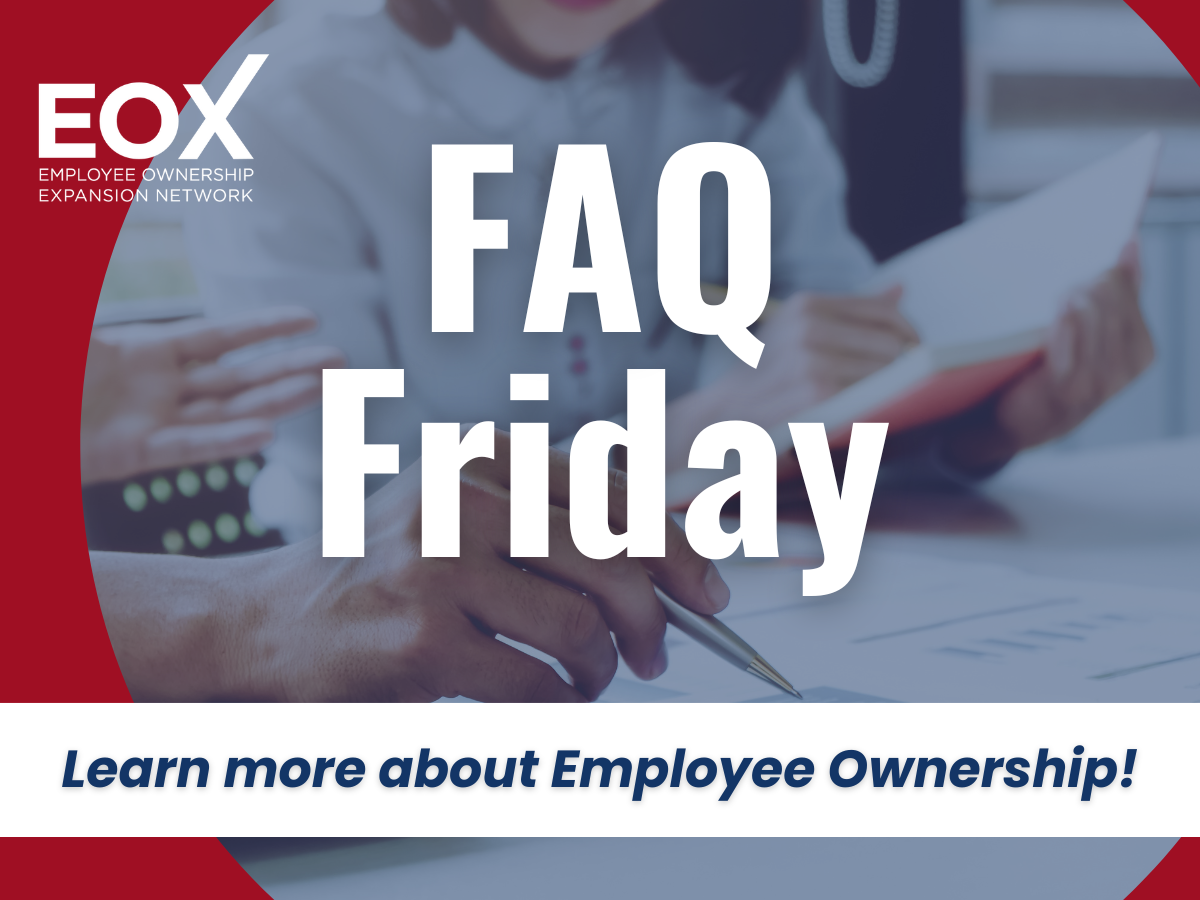Interview with Kevin Kuros, Director of MassCEO
Expanding Employee Ownership in Massachusetts: Interview with Kevin Kuros, Director of MassCEO

What was your first exposure to Employee Ownership?
I’ve been fortunate to spend my entire career working in the public and private sectors to help businesses succeed. Over the past 13 years in state government, including eight years as a State Representative and five years in the state’s Executive Office of Economic Development, I’ve had the privilege of working on economic development and public policy from both operational and legislative perspectives.
I started my career in IT and management consulting, working for a company that wasn’t employee-owned but had a profit-sharing pension fund. This fund was 100% employer-contributed and structured to vest after five years, which significantly reduced turnover in what’s typically a transient industry. It was my first exposure to the principles of employee ownership, and I saw firsthand how this model created loyalty and stability among employees.
Later, I shifted paths and entered public service, where I became deeply involved in legislation and programs supporting businesses. As a legislator, I served on the Joint Committee on Economic Development and Emerging Technologies and was one of six appointees to the conference committee that drafted the expanding gaming laws for the Commonwealth, which ultimately created thousands of jobs. This work planted the seed for my passion for EO as a tool to build stronger businesses and communities.
How did you come to lead MassCEO?
When the Massachusetts legislature formalized MassCEO as a government office under the Massachusetts Office of Business Development (MOBD) two years ago, I knew I wanted to lead the effort. At the time, the center was managed by the ICA Group, which developed resources like the MassCEO.org website and provided technical support to businesses exploring employee ownership. With my background in economic development and my previous work with profit-sharing models, I saw this as a unique opportunity to make a difference. After letting my manager, the Director of MOBD, know I was interested, I put my name forward. Once the legislative and vetting process was complete, I was appointed interim director.
We’ve been working hard to bring MassCEO’s mission to life. One of our key initiatives will be the creation of a stipend program to help businesses conduct feasibility studies for EO. Often, these studies are a critical first step for businesses exploring EO, especially as part of succession planning. Many owners care deeply about their employees and want to ensure continuity for their business, but they’re unsure where to start. Our program will reduce barriers to entry and help make EO an attainable option.
What are MassCEO’s goals?
We’ve also been collaborating with the Small Business Administration (SBA) to spotlight EO-friendly loan programs, including one that waives the personal collateral requirement. This makes EO much more attractive for business owners and fits perfectly with our mission. Starting in February, we’ll launch a series of roadshows across the state to raise awareness about EO and highlight these programs.
The roadshows will target succession planning in particular. I’ve met many business owners who are second-generation but whose kids aren’t interested in taking over. These owners are often reluctant to sell to a competitor, unsure what would happen to their employees. EO gives them a way to retire while ensuring their employees, who’ve contributed so much to the business, can benefit from its success.
We’re also engaging an integrated marketing firm to develop branding, a logo, and a strategy to promote MassCEO. Combined with the roadshows, this will help us reach more businesses and communities with the message that employee ownership is not only viable but transformative.
Why is employee ownership critical to you?
What excites me most about EO is seeing how it changes lives. I’ve attended conferences and spoken with people who work for employee-owned companies, and the energy in the room is contagious. When businesses transition to EO, they often experience incredible growth and stability.
I’ve seen it in action in my own community. There’s a manufacturing business in my hometown that converted to an ESOP 15 years ago. During economic downturns, while other companies were cutting back, they continued to grow and even hired new employees. Everyone in the company was focused on efficiency and shared success. Beyond their internal culture, they’ve become outstanding corporate citizens, giving back to the community in countless ways.
Why is Massachusetts investing in employee ownership now?
I’m incredibly proud to call Massachusetts home. We’re the life sciences capital of the world, and our education system—spanning primary, secondary, and higher education—is unmatched. Thousands of students come here for college, and one of our challenges is making Massachusetts a permanent destination for them, not just a four-year stop.
Employee ownership plays a role in this vision. It creates opportunities for businesses to thrive, strengthens communities, and ensures wealth is shared more equitably. I’m thrilled to be part of a movement that helps businesses succeed while improving lives.
In the end, I love what I do because it’s about helping people and businesses. Whether it’s through legislation, policy, or direct support, I’m committed to making Massachusetts a place where businesses and employees can grow together.








